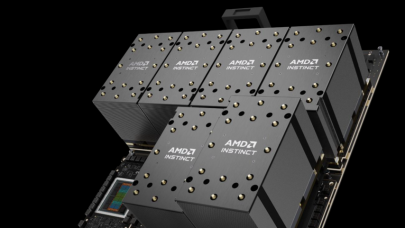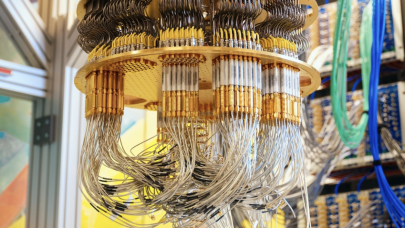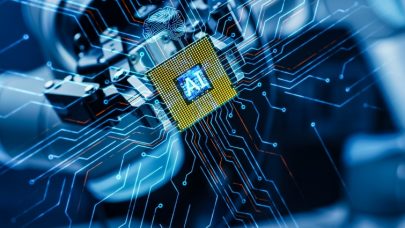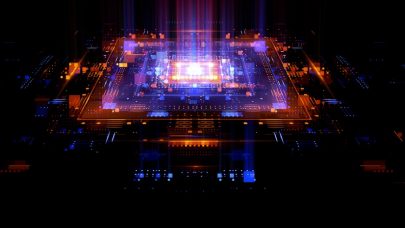STONY BROOK, N.Y., June 5, 2023 — Stony Brook University will soon deploy a new High-Performance Computing (HPC) system built using new technologies launched this year by Hewlett Packard Enterprise (HPE) and Intel. This HPC solution is designed to advance science and engineering research capacities across an array of multidisciplinary fields, including engineering, physics, the social sciences and bioscience.
The new solution, to be co-managed by the Institute for Advanced Computational Science (IACS) and the Division of Information Technology (DoIT), will continue to help transform Stony Brook’s current computing environment with faster performance.
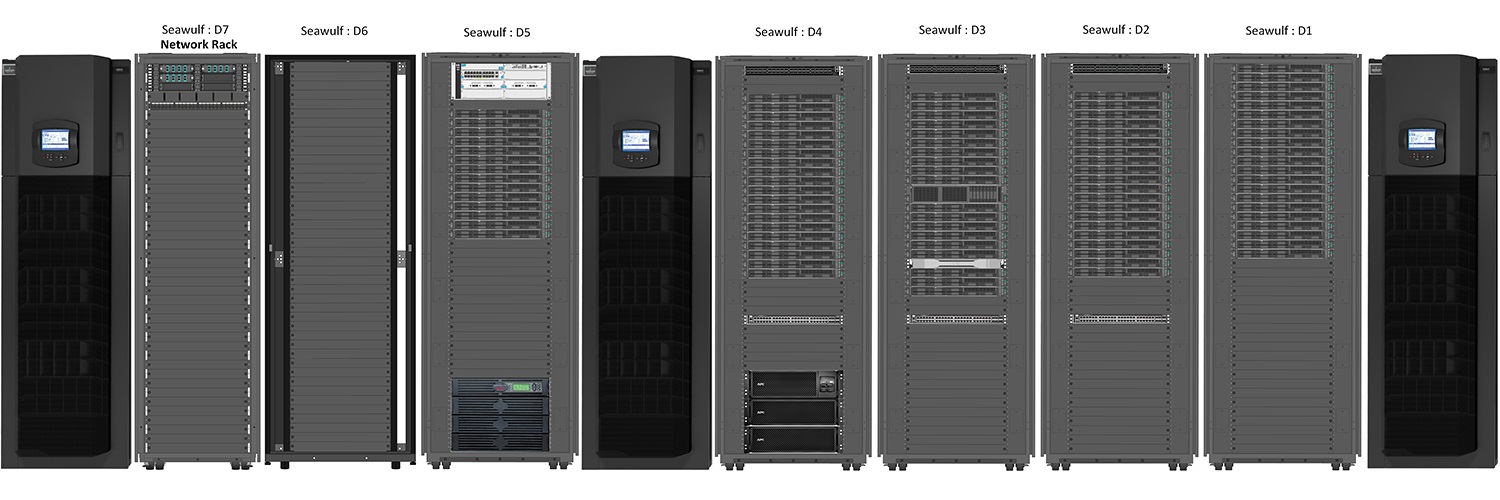
For more than a decade, the IACS has ramped up supercomputing capacity available to faculty and students for their academic and research endeavors, including collaborative work with other institutions and industry. Most recently, IACS installed a supercomputer called Ookami in 2020.
Stony Brook University is the first academic institution in the United States to set up this new HPC solution that uses the Intel Xeon CPU Max series on HPE ProLiant servers. The solution provides an enhancement and refresh to Stony Brook’s powerful Seawulf computational cluster.
“I am excited by what this new generation of computer processors promises, as some of the work may be up to eight times faster with this new HPC solution compared to our current SeaWulf cluster,” says Robert J. Harrison, PhD, Founding Endowed Director of the IACS. “Stony Brook’s leadership of the NSF Ookami project and our partnership with HPE were instrumental in positioning us to successfully become the first University to use this revolutionary technology.”
The new solution is built using HPE ProLiant DL360 Gen11 servers, which deliver trusted security by design and optimized performance to support a range of scientific workloads involving modeling, simulation, AI, and analytics.
HPE has also designed the solution with 4th Gen Intel Xeon scalable processors to boost computational performance, and features the Intel Xeon CPU Max Series to offer an order of magnitude of more memory bandwidth per socket, which is significantly higher than other x86 server systems. The increased bandwidth delivered by the Max Series CPU and other architecture enhancements in 4th Gen Xeon, offers computational scientists new technology to advance their research.
The HPE ProLiant DL360 Gen11 servers will also improve cost savings and reduce data center footprint for the university with a closed-loop liquid cooling capability. The cooling solution, which requires fewer racks to maximize space, provides alternative coolant solutions that do not require additional plumbing. Instead, it removes heat from various system components and transfers it to coolant tubes to cool down the system.
Fostering inclusion, and fueling HPC innovation through partnerships
The project will partner with Stony Brook’s Women in Science and Engineering Program and the Center for Inclusive Education to provide campus-wide access to resources and training to better facilitate engagement in computational science by students from diverse backgrounds and disciplines.
In addition to leveraging technologies from HPE and Intel, the new HPC and AI solution was deployed by ComnetCo, HPE’s HPC-focused solution provider and award-winning public sector partner.
ComnetCo has a longstanding collaboration with Stony Brook, and for the past 25 years has extended its expertise in delivering supercomputing solutions to scientific and technical computing communities within higher education and research Institutions.
“The new HPC system will be a boon for the whole campus. It will greatly enhance multi-scale, multi-physics applications like astrophysics,” says Alan Calder, PhD, Professor in the Department of Physics & Astronomy, and Deputy Director of the IACS. “Not only will models be able to include more physics and thus have unprecedented realism, but the system’s capacity will allow for performing suites of simulations for meaningful assessment of the uncertainty of the results.”
Dilip Gersappe, PhD, Professor and Chair of the Department of Materials Science and Chemical Engineering, points out that the HPC solution can help bring his research on soils to a new level.
“The new cluster enables us to simulate the thaw/freeze cycle in soils in the Arctic region, a region where climate change effects and temperature fluctuations are having profound effects,” he explains.
Acquiring the new HPC solution was made possible by both external and internal support and funding. This includes a
The new solution is expected to be in production this summer and in operation sometime during the first semester of the 2023-24 academic year.
Source: Stony Brook University

































